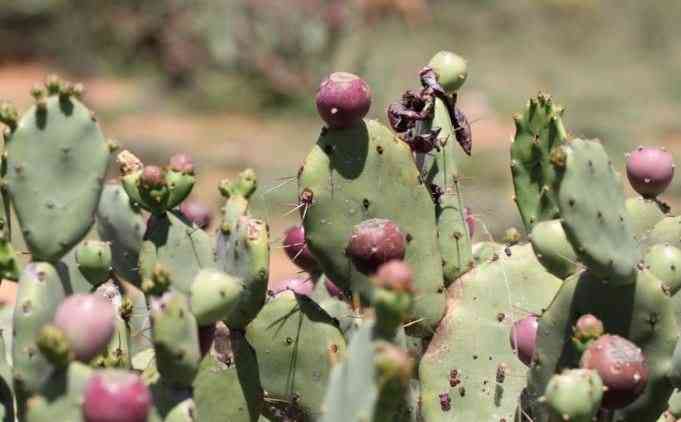
According to a report by United Nations Environmental Programme (Unep), human mobility has fundamentally altered the make-up and the character of the biological world, as more and more species, relocated from their natural home environments have as aliens been introduced, either intentionally or unintentionally, into the homelands of other species.
This co-mingling of species, the report says, has been on the increase ever since the age of exploration, and has accelerated dramatically in recent times, with the advent of mass transportation, travel, and trade.
According to the Kenya Wildlife Service, invasive species are organisms that are not indigenous to their environment. Therefore, they are a threat to ecosystems, economies, and societies because they can cause environmental and economic harm. Species that grow and reproduce quickly, and spread aggressively, with the potential to cause harm, are labelled “invasive”.
Some of the invasive species such as water hyacinth, Jimsonweed (Datura Stramonium), tick berry (Lantana Camara), cabbage (Pistia Stratiotes) and yellow bells (Tecoma Stans), among others, have caused a lot of degradation in the country’s environment.
In national parks, reserves, lakes and rivers, invasive species lead to degradation and loss of habitats.
As travellers, hikers, beach, lake, and nature lovers who like to explore nature’s natural beauty through experiences, it is essential to understand how we can contribute to conservation – making sure that our environments are not degraded so we can let the next generations enjoy what we are currently savouring.
As lovers of nature and responsible travellers, we can play an important role in the spread of invasive species by practising a few steps.
When you travel, don’t bring home foreign animals and plant souvenirs.
Avoid moving soil from one area to another to stop the spread of invasive species, and create awareness among others about the effects of invasive species on the environment.
If you are spot fishing in a local stream or river, ensure your fishing vessel and your fishing gear are clean.
If you see an invasive species, report it to your local administrator or the relevant officials.
And volunteer for physical removal at nearby national parks, reserves, lakes, oceans, rivers, or any other spot that the invasive species have invaded.
 The Standard Group Plc is a multi-media organization with investments in media
platforms spanning newspaper print
operations, television, radio broadcasting, digital and online services. The
Standard Group is recognized as a
leading multi-media house in Kenya with a key influence in matters of national and
international interest.
The Standard Group Plc is a multi-media organization with investments in media
platforms spanning newspaper print
operations, television, radio broadcasting, digital and online services. The
Standard Group is recognized as a
leading multi-media house in Kenya with a key influence in matters of national and
international interest.
